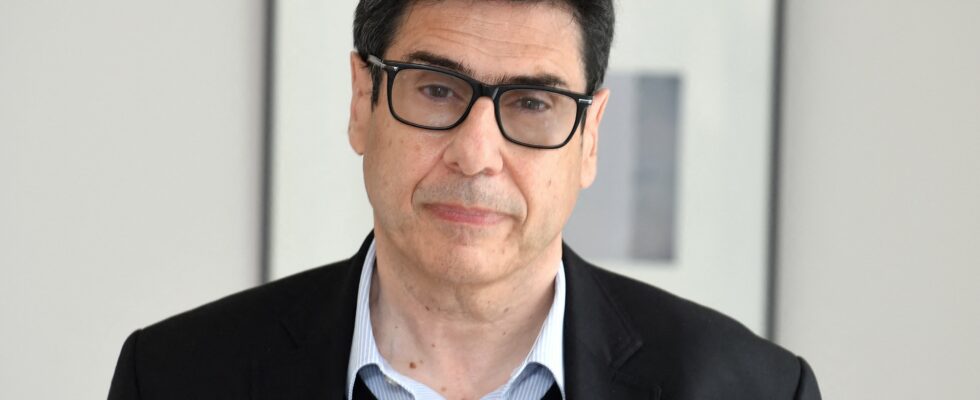To restore the public accounts that seriously slipped this year, Michel Barnier promised “fiscal justice”. Obviously more consensual and marketable than talking about savings or budgetary rigor. But what exactly does this term hide? At l’Express, economist Philippe Aghion, professor at the Collège de France and Insead, details his path to regain a form of budgetary sustainability.
On the agenda: under-indexation of certain pensions, particularly retirement pensions, tax increases and the cleaning up of certain tax loopholes. First and foremost, the “Dutreil Pact”.
L’Express: While France’s public deficit could reach 5.6% of GDP this year, would you say that the situation of public finances in France is out of control?
Philippe Aghion: Certainly not. First of all because growth is expected to pick up again in 2025. We are currently at the trough of the cycle, with high interest rates to respond to inflation induced by the end of Covid and the rise in energy prices since the outbreak of the war in Ukraine. Now that inflation has been curbed, rates will start to fall, which should revive economic activity in the course of 2025, with a positive impact on tax revenues.
The fact remains that restoring our public finances is urgent and imperative. Not so much to respect some magic figure – deficit reduction is not an end in itself – but to regain our credibility with the markets and our European partners. As long as France is in an excessive deficit procedure, it will have no weight to weigh in Europe, in particular to convince our neighbors, first and foremost Germany, of the need to invest more in the energy transition, in AI and other disruptive innovations. This is the Draghi doctrine: budgetary seriousness for each Member State in exchange for a voice on the European stage to invest in growth.
Precisely to get back on track, the step is very high, since it will be necessary to find more than twenty billion euros of savings. How to do it?
The alternative plan that I propose consists of a cocktail of measures. First of all, drastically reduce the grants to local authorities while giving them the power to levy a reasonably capped local tax. For example, if we authorize local authorities to levy a residential tax of 500 euros per tax household in exchange for an equivalent reduction in grants from Bercy, and given that there are nearly 18 million tax households, we would reduce our budget deficit by around 9 billion euros. Furthermore, we can just this year under-index pensions above 2,500 euros: we save nearly a billion per point of under-indexation. Then, we can raise VAT on cafes and restaurants, which would bring in nearly 2 billion for the State.
“Taxation of family holding companies should also be adjusted by copying the American model”
But above all, we must have the courage to really tackle tax loopholes. I propose the elimination of loopholes that allow repair and improvement expenses to be deducted from declared property income. And to meet the promise of tax justice, why not overhaul the “Dutreil Pact”, which allows a company to be transferred under very advantageous tax conditions while avoiding inheritance tax: this pact is currently being abused.
In the longer term, taxation on family holding companies should also be adjusted by copying the American model; it is too easy for us to use it to avoid income tax, which is less advantageous than simply paying corporate tax.
It is a short-term therapy, but how can we continue the effort over time?
In the long term, I remain convinced that it is by increasing the employment rate – which is still much lower in France than that of our neighbors – and by raising our growth potential that we will be able to sustainably restore our public accounts. Hence the importance of reducing our operating expenses to better invest in training, employment and growth. A project that is still largely unexplored is that of the territorial millefeuille and the duplication of levels of government.
Do you have any red lines when it comes to cutting expenses?
Education, of course, and innovation. The two fundamentals for sustainably superior growth.
.
